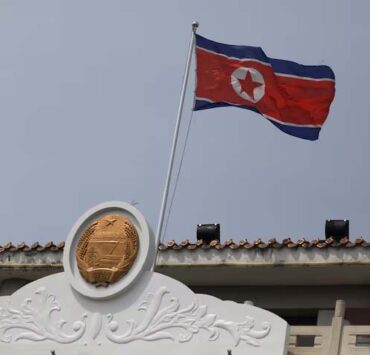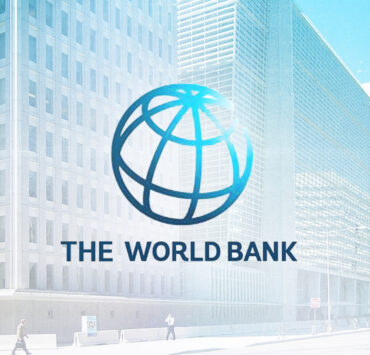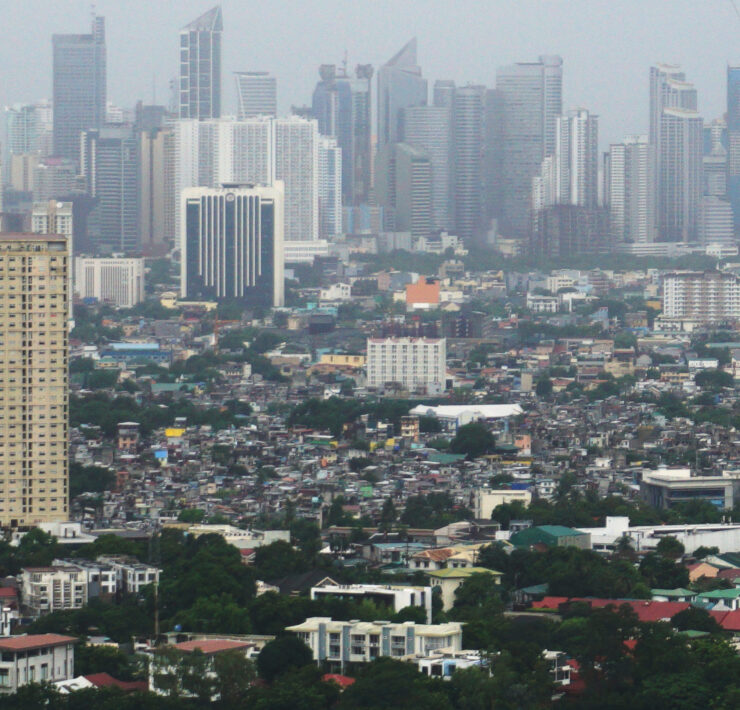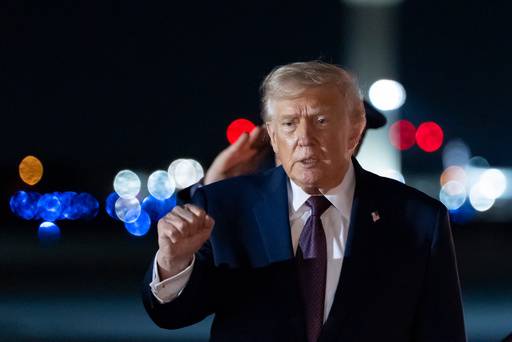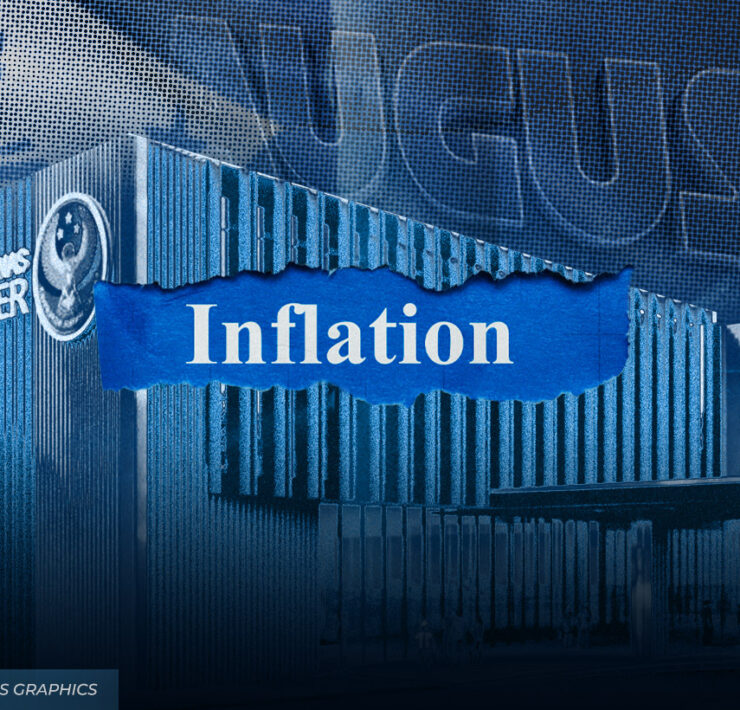PH positioned to thrive amid Trump tariff challenges
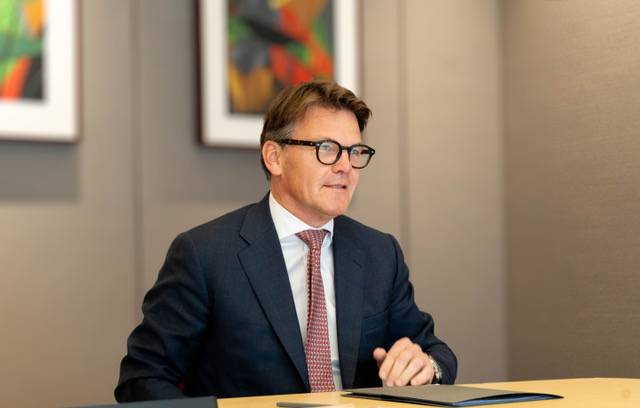
Global banking giant JP Morgan Chase expects the Philippines, with its consumer-driven and service-oriented economy, to sustain its favorable growth momentum despite the slew of tariffs that are rattling manufacturing hubs worldwide.
In an interview with the Inquirer, JP Morgan Asia-Pacific CEO Sjoerd Leenart also said that while trade and capital flows may change directions as geopolitical tensions arise, he doesn’t see deglobalization happening anytime soon.
Instead, he said the current global uncertainties should be an enormous opportunity for companies to diversify.
The world’s most valuable bank, which set up shop in the Philippines in 1961, now employs about 20,000 people in the country, both for banking and corporate center or shared services hub.
Over the long haul, Leenart doesn’t see any diminished appetite for cross-border business. However, he said those who have hit the “pause” button may only want more clarity.
Across Asia, he said the huge infrastructure requirements—whether roads, airports, telecom centers, data centers or energy facilities—should attract investors.
And he believes that geopolitics could even increase investments in the region because capital will flow to where the lowest production cost is possible.
Thus, he said companies that diversify their footprint would be more protected, and that means building capabilities in different countries.
As of press time on Wednesday, the world awaited with caution the sweeping tariffs that US President Donald Trump had vowed to roll out as part of “Liberation Day.”
This is as he pledged to usher in the “golden age” of US industry.
But because the Philippines is not heavily reliant on manufacturing at this time, Leenart suggested that it should be able to hurdle current global headwinds.
“What excites me is that the Philippines has a large population and its GDP (gross domestic product) is growing at around 5.8 percent. You have 110-plus million people, so there’s a consumer market that can really continue to grow,” Leenart said in an interview on March 27.
“The Philippines also has a unique profile, because unlike many other Asian countries, it’s less focused on manufacturing and more on services and these services are offered both locally and exported abroad. So, in a world where trade barriers are being put in place and the focus is on manufacturing, the Philippines is exporting services. That’s something the world will continue to need and so I’m excited about the long-term prospects of the Philippines,” he said.
Long-term goal
As a long-term strategy, however, he agreed that it would be beneficial to boost the manufacturing sector.
“We see a lot of Asian countries building up their manufacturing capabilities. China has 50 percent of the manufacturing power and the world has been reliant on that, so you now see companies diversifying their manufacturing to other locations,” Leenart said.
“That’s why every country needs to build an ecosystem for manufacturing. Countries like India have been on a journey in terms of building better logistical systems and supply chains and that’s something that the Philippines needs to work on. But this doesn’t take away from the strengths that the Philippines has, which are fantastic,” he added
In 2024, the domestic economy grew by 5.6 percent, mostly driven by wholesale and retail trade, repair of vehicles, financial and insurance activities and construction. Based on government data, manufacturing accounted for just about 16 percent, while services contributed 63.2 percent of domestic output.
Leenart added that the trajectory of Asia is the most positive of all the regions in the world, with the region growing at 3.5 percent to 4 percent, outpacing the global expansion of about 2.5 percent.
Asia-Pacific has seen increasing financial sophistication, growing middle class and population, as well as expansion in personal and institutional wealth, he noted.
The region is likewise home to four of the world’s five largest equity capital markets—China, India, Japan and Hong Kong—after the largest one, which is the United States.
As CEO for Asia-Pacific at JP Morgan, Leenart said “responsible growth” was his key objective.
“We want to continue to grow in the right way,” he said.
He said JP Morgan would continue to invest in its people, capabilities and new technologies like artificial intelligence and machine learning.
“We also ensure we are focused on the relevant businesses in the right market and this can differ depending on the market,” he said. “A big business in China may not be so relevant in the Philippines, for example. Regional priorities include attracting and retaining the very best talent, promoting the cross-fertilization between businesses and getting more out of the individual components in our business.














